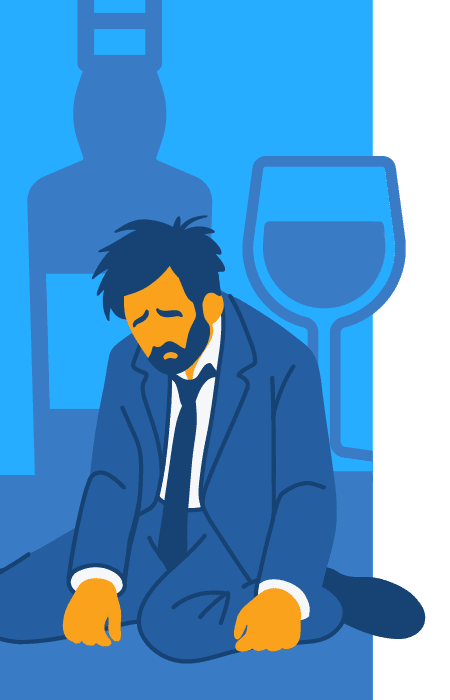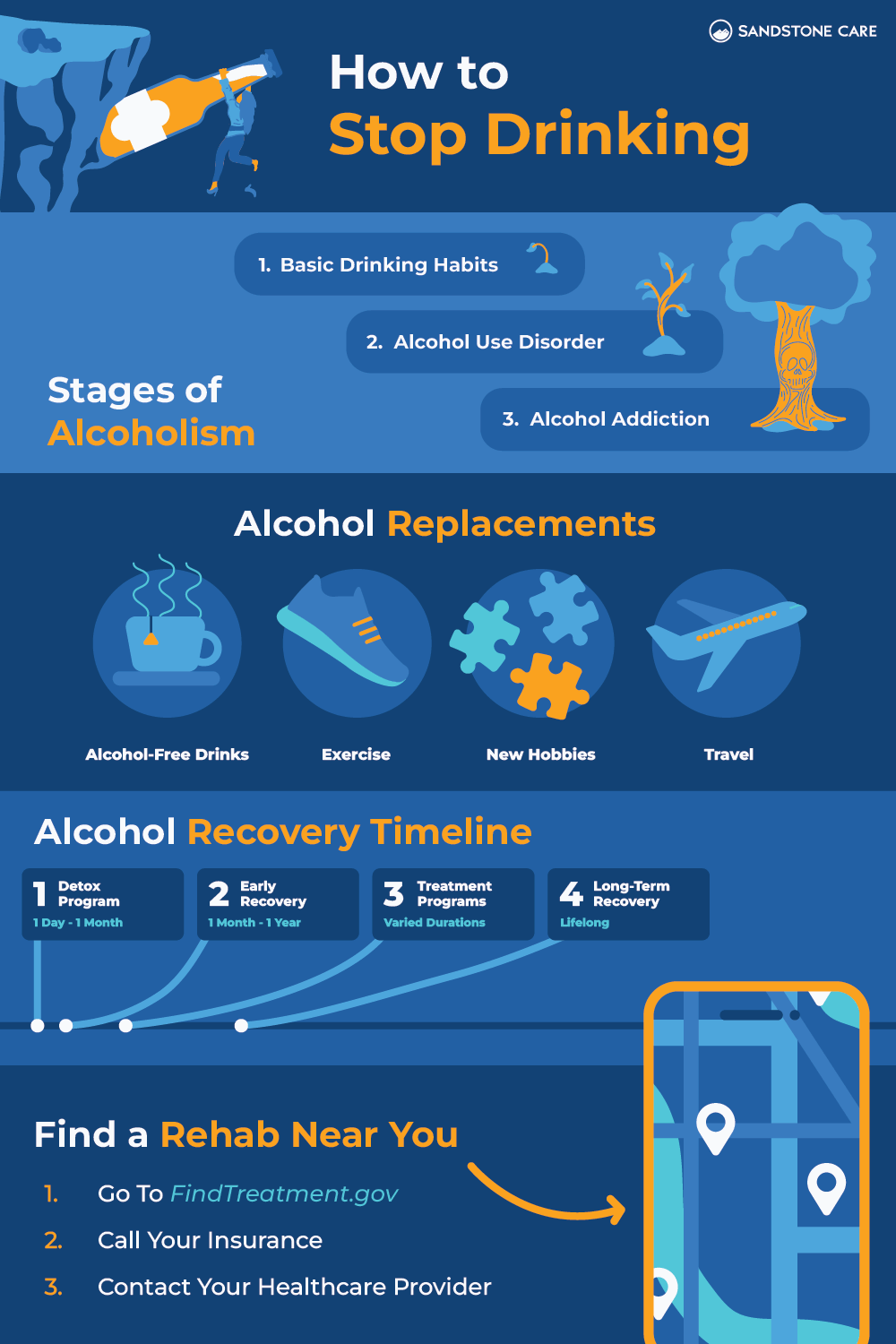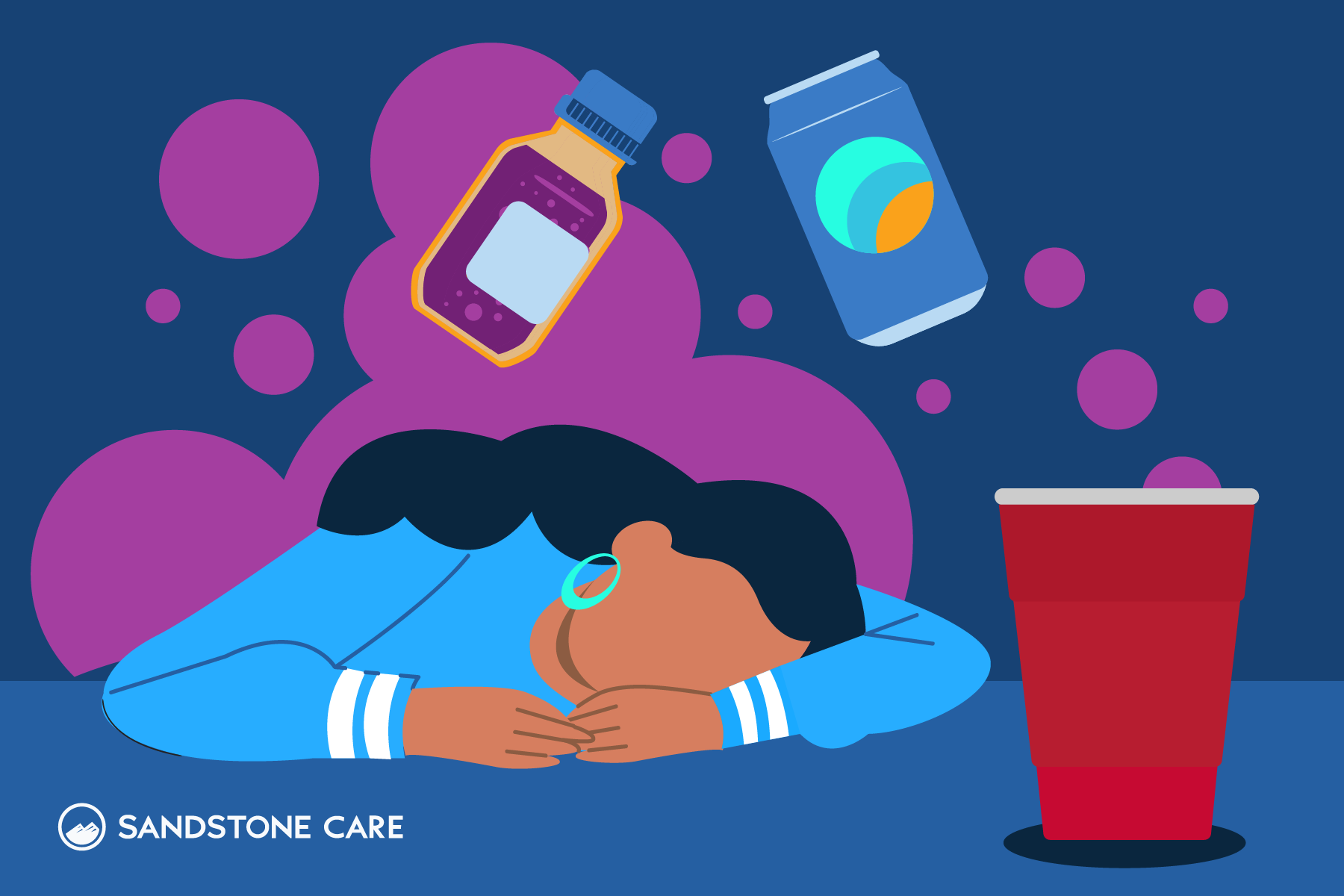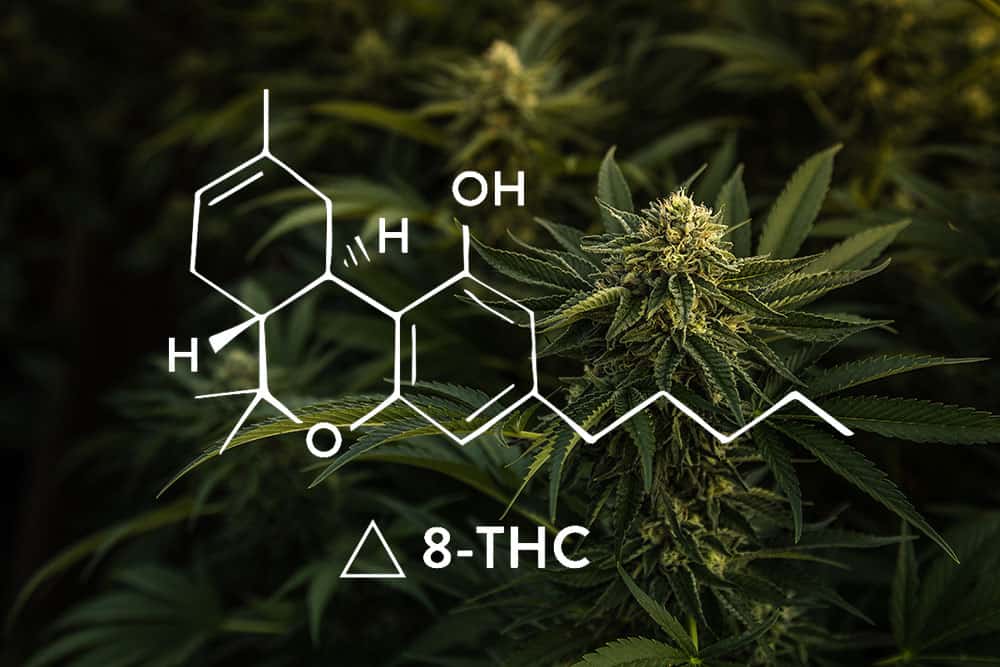How To Stop Drinking
Breaking free from alcohol can be a tough journey, especially when you’re constantly exposed to it in social situations. The struggle to stay sober throughout a week becomes even more daunting, especially if you’ve been using alcohol as a coping mechanism for the challenges of daily life.
Trying to become sober on your own can be overwhelming. At times, you might feel like you are facing challenges completely alone, and that can make quitting feel impossible.
You are not alone. There are many people who have faced challenges just like yours; they overcame those challenges, and so can you.
It takes humility to recognize that you need to stop drinking, and it takes bravery to reach out for support. If you are exploring ways to stop drinking, you have already made a big step towards healing.

How Do I Know If I’m an Alcoholic?
If you have asked the question, “Am I an alcoholic?” here are some things that may help you find an answer.
- Alcohol addiction As defined by the National Institute on Alcohol Abuse and Alcoholism (NIAAA), “alcohol addiction is a chronic relapsing disorder associated with compulsive alcohol drinking, the loss of control over intake, and the emergence of a negative emotional state when alcohol is no longer available.”Common warning signs of alcohol addiction can include increased tolerance (needing more alcohol to feel the same effects), constantly thinking about drinking, and spending a significant amount of time and money on drinking. Other signs include blacking out, and neglecting responsibilities.
- Alcohol Use Disorder Alcohol use disorder is a substance use disorder defined by an impaired ability to stop or control alcohol use, despite the negative consequences that it has on your health, life, and relationships.
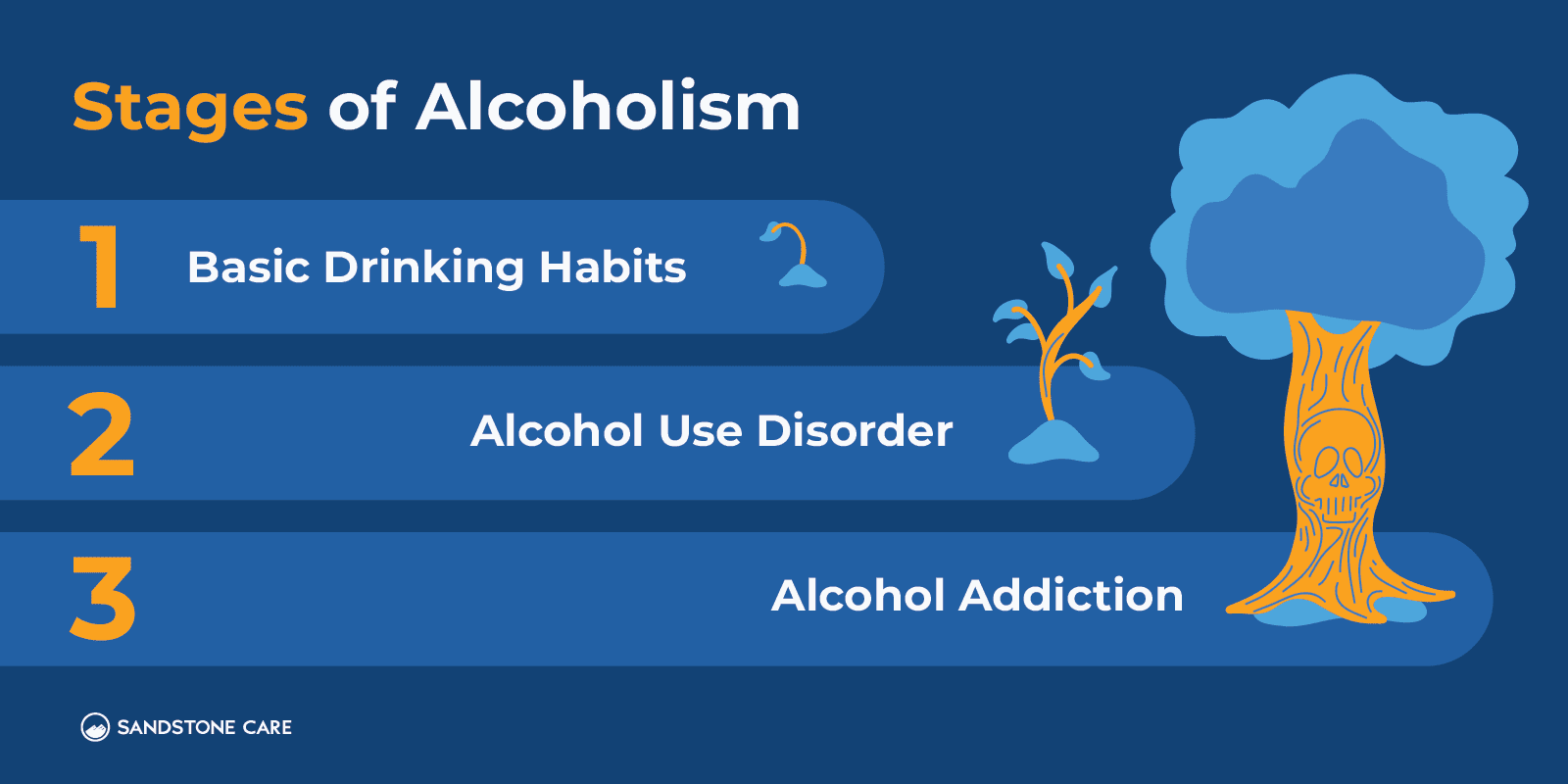
Facing challenges with alcohol abuse and addiction can make you feel hopeless and alone. It can be hard to believe that you can heal and get better.
It is important to know that there is support and help for you. You are not alone, and there are resources to get you connected to the help you need.
The Substance Abuse and Mental Health Services Administration has a national helpline that provides free and confidential addiction treatment referral and information services if you are looking for help with alcohol addiction, substance use, or mental health.
If you believe you or a loved one may be an alcoholic, reach out for professional support to help, you get connected with the right resources.
Additionally, if you or a loved one are facing mental health challenges and experiencing suicidal thoughts, call the National Suicide Prevention Lifeline at 988 or 911.
What Are Some Signs I Need To Stop Drinking?
Common signs a person should stop drinking can include:
- Experiencing withdrawal symptoms
- Blackouts or lapses in memory
- Neglecting professional and family responsibilities
- Irritability and mental health decline
- Feeling unable to stop drinking
- Relationship problems
- Legal and financial consequences
- Health problems
- Increased blood pressure
- Fatigue
- Liver problems
- Heart problems that increase the risk of stroke and heart attack
- Stomach inflammation
- Weight gain and muscle wasting
- Alcohol poisoning symptoms
- Disorientation
- Seizures
- Vomiting
- Slow or irregular breathing
- Pale skin
- Unconsciousness
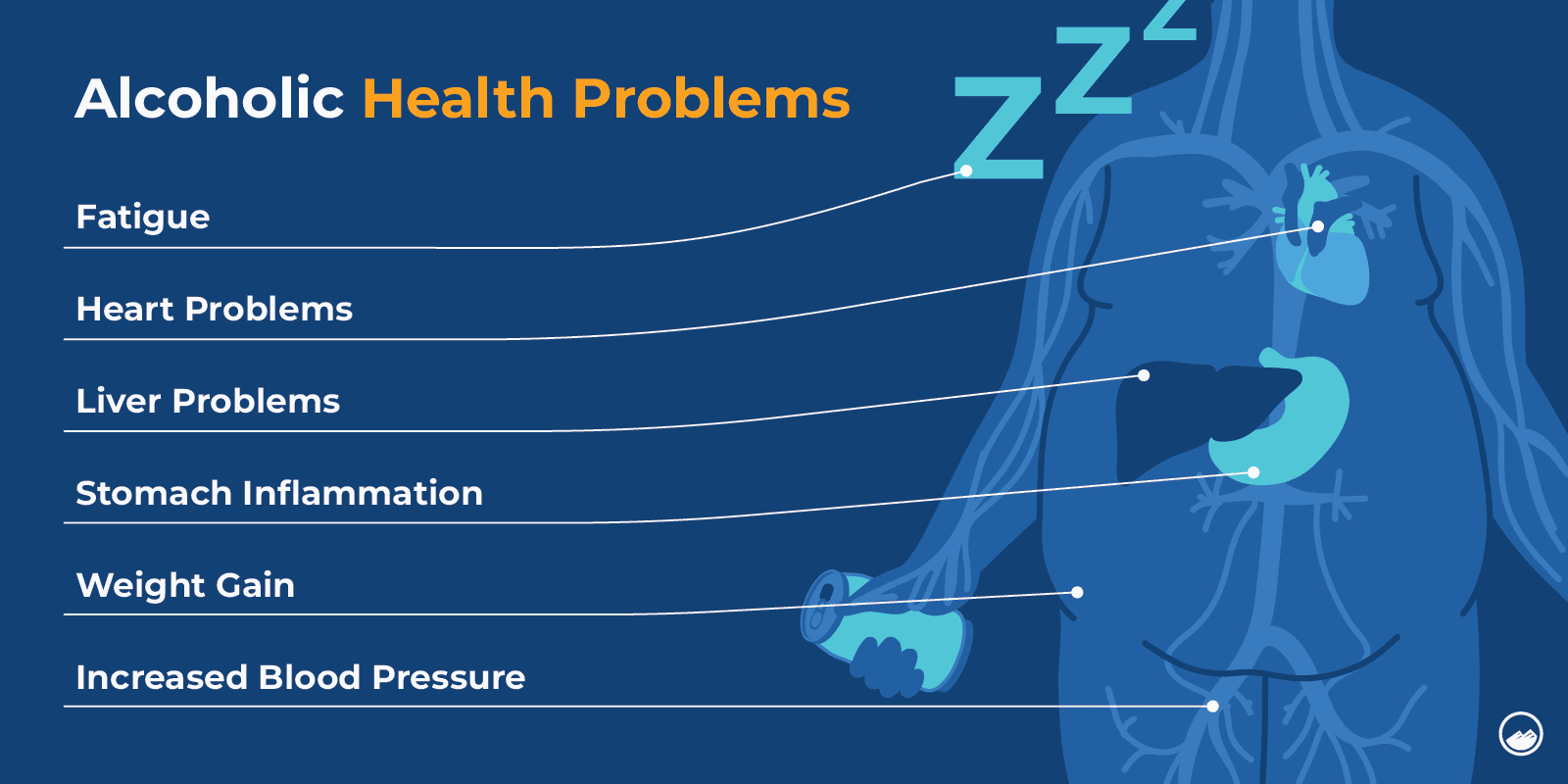
How Does Alcohol Affect the Brain?
Alcohol can affect the brain in many ways, including:
- Slowing brain activity
- Enhancing dopamine
- Impairing cognitive functions like thinking and memory
- Slowing reaction time
The effects of alcohol can impact how a person functions daily and lead to long-lasting changes in the brain, such as wet brain.
Alcohol can also put individuals in dangerous, life-threatening situations that put them at a higher risk of accidents and injuries to themselves and others.
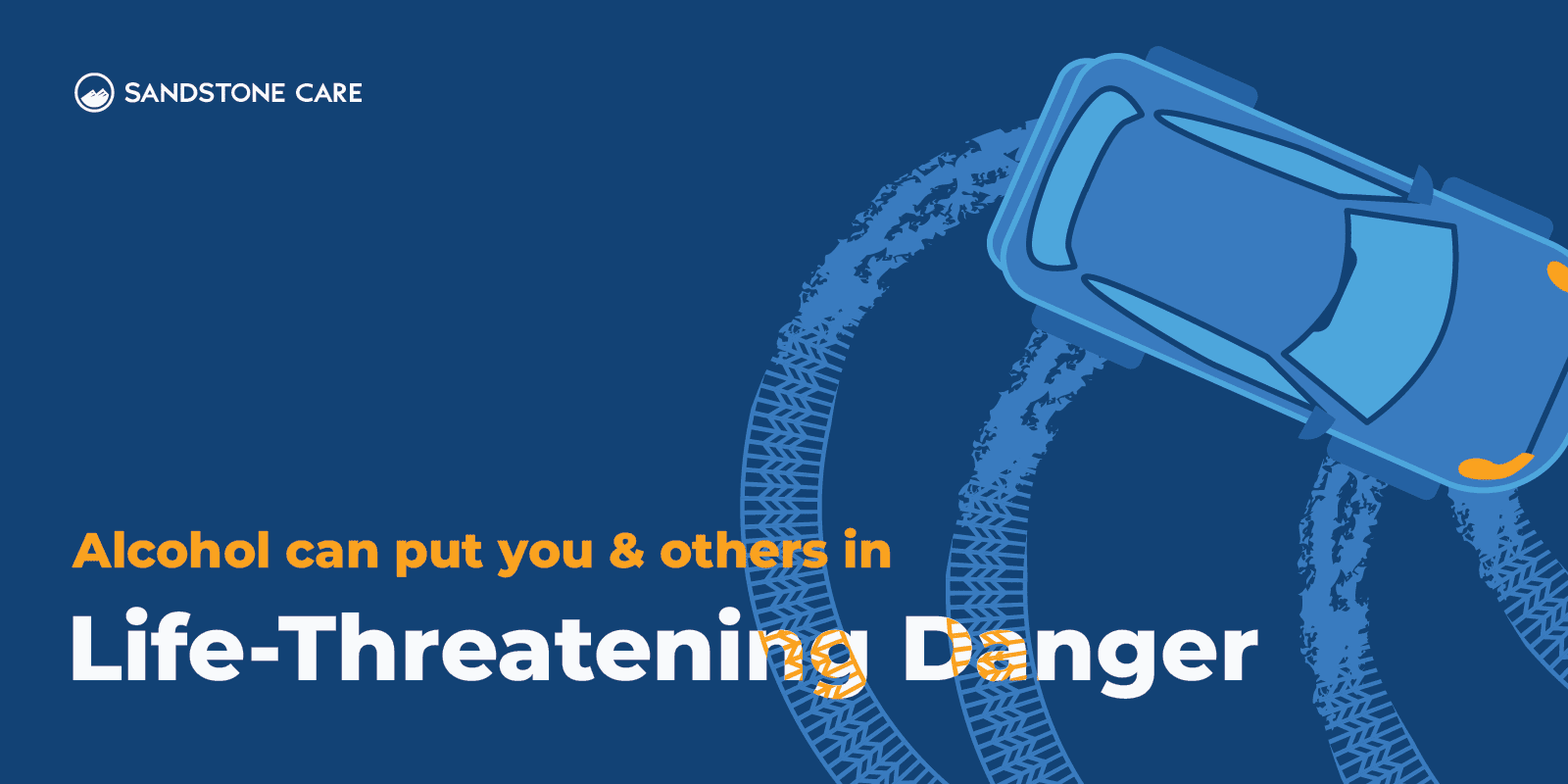
Does Alcohol Kill Brain Cells?
No, not directly, but it does detrimentally injure the brain as a neurotoxin. It can even cause structural changes in the brain, such as shrinking the brain tissue.
Alcohol use can also increase the risk of neurodegenerative disorders, including:
- Alcoholic neuropathy
- Alcohol withdrawal syndrome
- Alcoholic cerebellar degeneration
- Alcoholic myopathy
- Fetal alcohol syndrome
How to Help a Loved One Stop Drinking Alcohol?
As a loved one of someone who is facing challenges with alcohol use or addiction, it can be very hard to see what they go through and also to know how to help.
You may already tried different ways of helping, but sometimes it seems like they always end up in the exact same way.
Some things you can try to help a loved one stop drinking alcohol can include:
- Educating yourself
- Expressing empathy
- Create a safe and open environment
- Help them seek professional help
- Take care of yourself
- Be patient and understand that it is not a linear progression.
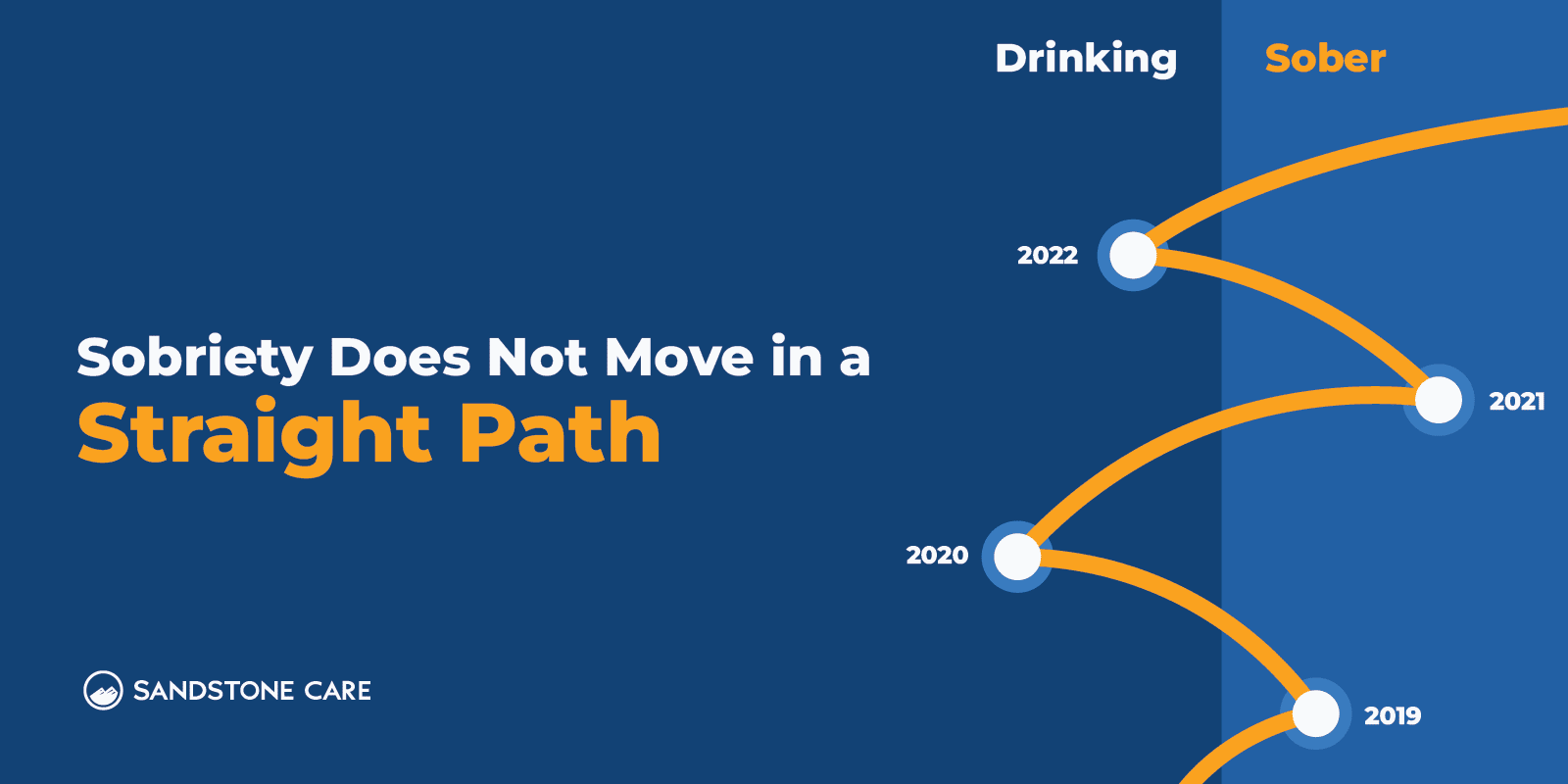
Learning more about alcohol can help you understand a little more about why a person does the things they do or feels the way they feel.
Educating yourself about alcohol can help you learn more ways to help and offer support.
Expressing empathy shows them that you care, even if you have to create boundaries or rules. Alcohol addiction isn’t a choice, and expressing empathy can show them they can go to you when they are ready to get help.
Alcoholism can make people feel isolated, and when they feel alone, they may turn to drink to cope. By showing them that you are there to help them nonjudgmentally, you open the door for them to improve their life without fear.
Creating a safe and open environment means you listen to them when they express themselves and don’t pass judgment or criticism. You offer them a place where they can go for support and where they are not scared, to be honest.
Connecting a loved one to professional help is a big step toward healing and recovery. While the recovery process isn’t easy, helping them get the support they need is crucial for the health and wellbeing of your loved ones.
Sometimes, when loved ones or family members are going through something difficult, you tend to put all your energy and focus on them while, at the same time, neglecting yourself, your health, and your needs.
Taking care of yourself is important for you and makes you better able to help others. It takes emotional and mental strain to try and help someone who may not always be willing to change. Set boundaries when necessary and make sure that you are seeking support to help you stay healthy.
Lastly, it is important to know that the process of alcohol addiction can recovery is not a linear progression. There are ups and downs, and sometimes it may feel that you are going backward.
Try to be patient, and understand that little steps can make all the difference.
What are the Benefits of Quitting Drinking?
Numerous benefits can come from quitting drinking, including:
- Better mood and stress levels
- Improved mental health
- Better focus and attention at school, work, or in daily life
- Getting better rest and feeling more energetic and motivated
- Possibly improved medical conditions like high blood pressure and liver damage
- Improved personal relationships and professional wellbeing
- Promote overall wellness
Additionally, when you stop drinking and begin to recover, you may see changes in the strength of your immune system, and your risk of developing cancer or other conditions can decrease.
Not only is quitting drinking beneficial to you but also to the people around you.
How Long Does it Take to Quit Drinking?
The time it takes to quit drinking differs for everyone and is not a one-size-fits-all.
However, there are some general patterns that are commonly followed to give you or your loved ones an idea of what to expect.
- Detox
Detoxing from alcohol means ridding the body of the substance.
Medically-supervised detox can help a person manage withdrawal symptoms in a safe and controlled environment.
The symptoms of alcohol withdrawal can start within hours of stopping a drinking session, and for some, these withdrawal symptoms can last from days to a few weeks.
- Early recovery
While everyone’s experience is different, some people consider early recovery to be the first 90 days after getting clean.
Others may consider early recovery to be from six months to a year.
- Treatment programs
Different treatment programs have different durations.
For example, residential treatment typically offers 30-day stays, and then the individual would transition to another level of care.
Outpatient programs can be around 10-12 weeks and are less intensive than residential or inpatient treatment programs but still offer a high level of support and structure in a treatment facility.
Similarly, intensive outpatient programs typically last around 8-12 weeks.
- Maintenance and long-term recovery
Recovery from addiction is a lifelong process.
Maintaining sobriety can be challenging and requires a lot of effort and hard work.
Long-term recovery can be defined differently by some, but generally speaking, long-term recovery means that a person has stopped their substance use and improved their life for at least five years.
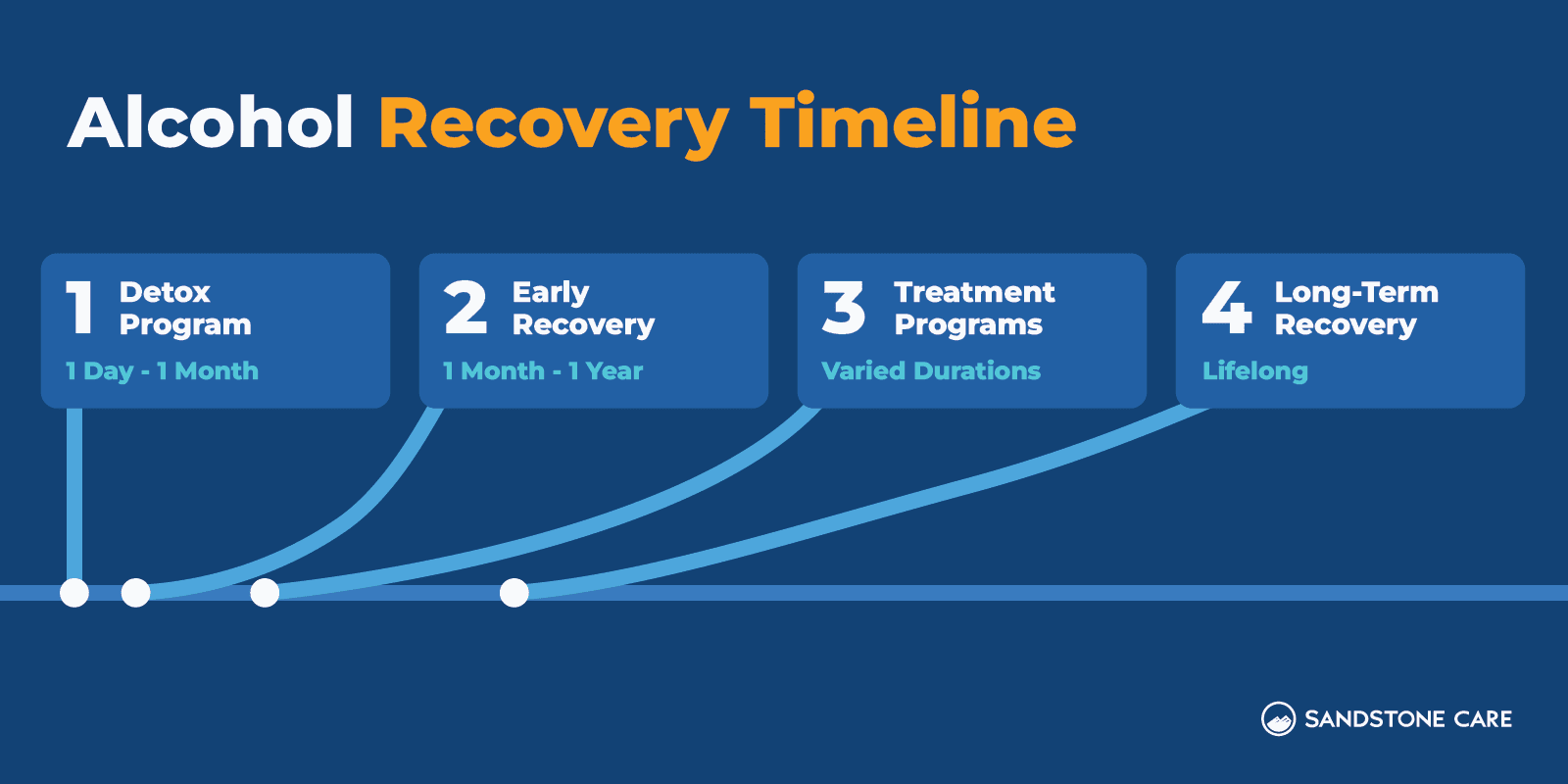
What is the Best Way to Stop Drinking on Your Own?
Trying to quit drinking alone is much harder than having support, and there is no shame in needing help.
However, if you are looking for ways to help yourself personally, some things that can help can include:
- Setting clear goals
- Creating a healthy environment (limiting or cutting off bad influences)
- Find new coping strategies such as new hobbies or self-care tactics like exercise.
- Consistent routines
Seeking help doesn’t signal weakness but rather a sign of strength.
A person is much more likely to be successful in recovery if they seek help.
Support groups like alcoholics anonymous can be helpful in meeting people who may share similar challenges and being able to relate and learn from each other.
Additionally, medical advice is crucial in ensuring the health and safety of you and your loved ones.
Reach out to your healthcare provider or mental health professional to get some guidance on what the best steps are to take for you or your loved ones.
What’s the First Step to Stop Drinking?
Understanding and acknowledging that there is a problem and seeking medical advice is the first step to stopping drinking.
It can be difficult to gauge the scope of the problem on your own, and recognizing this and reaching out is a significant step toward healing and recovery.
How Long Does Alcohol Stay in Your System?
The length of time it takes for alcohol to stay in your system can depend on various factors, including a person’s gender, age, weight, how much they ate, how much they drank, or how often they drank.
Alcohol has a half-life of around 4 to 5 hours, which means that is how long it takes for your system to eliminate about half of it.
However, it is important to note that a person’s alcohol dependence can affect how long it stays in their system and cause more extreme withdrawal symptoms.
When a person develops a tolerance to alcohol through heavy drinking habits, they need more and more of it to produce the same desired effects, which means they are able to tolerate much more of it in one sitting than an average person.
What Happens When You Stop Drinking Alcohol?
A person may experience alcohol withdrawal symptoms when they stop drinking alcohol, which can include:
- Alcohol Cravings
- Shaking
- Insomnia
- Fatigue
- Mood swings
- Gastrointestinal problems
- Heart palpitations
- Increased heart rate or blood pressure
- Abnormal breathing
- Hallucinations
- Seizures
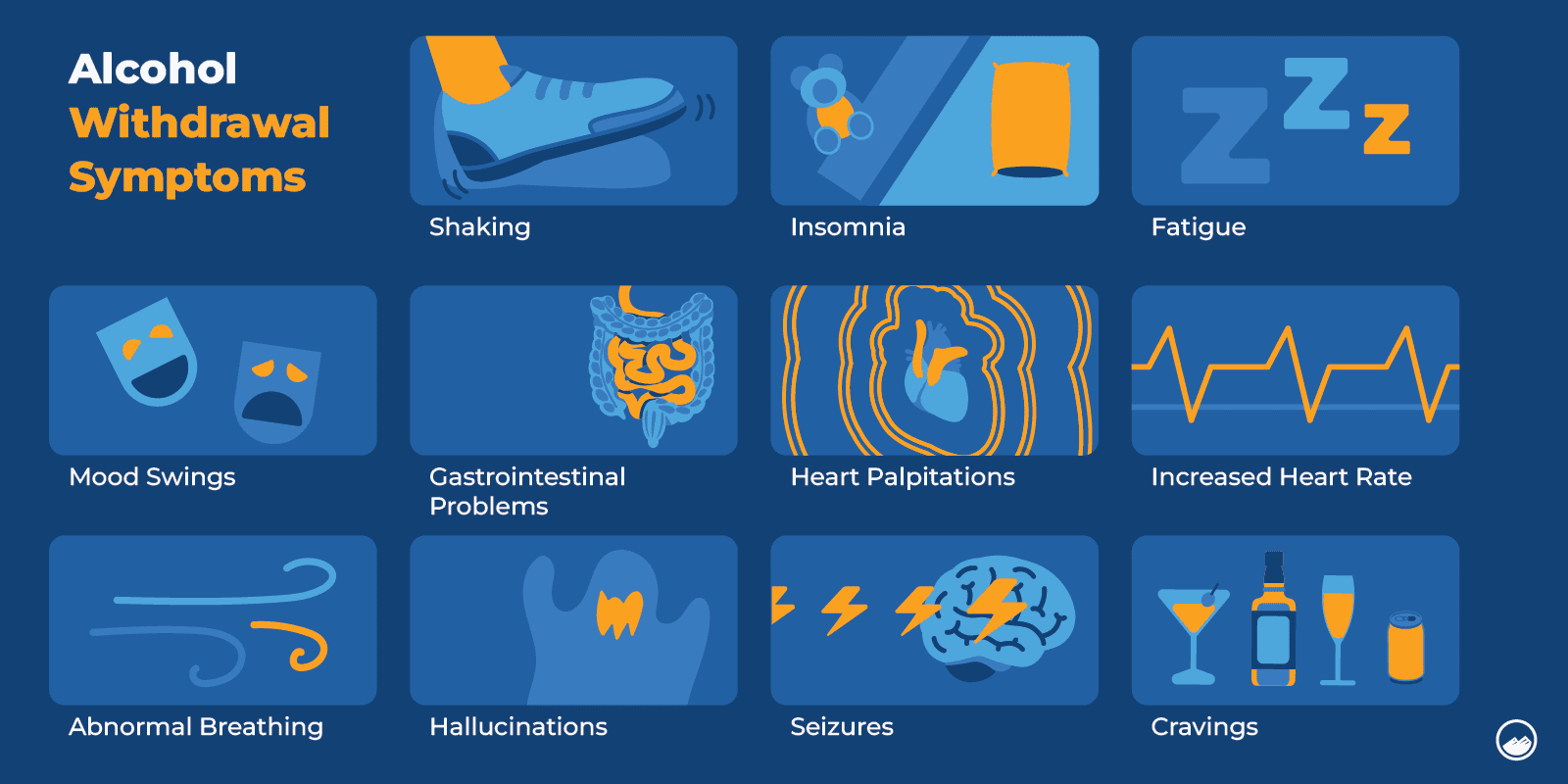
Does the Urge to Drink Ever Go Away?
It can take a very long time for the urge to go away, but like working out a muscle, each time you work to actively choose not to drink, you take an essential step forward that will make it easier down the road.
Is there a Pill to Stop Drinking?
Some medications, such as Naltrexone, have been shown in clinical trials to help stop drinking.
Medication-Assisted Treatment (MAT) may also be helpful for individuals with an alcohol use disorder.
MAT involves the use of medications along with other therapies to help balance the brain chemicals that are impacted by alcohol can help achieve sobriety and maintain recovery.
Medication-assisted treatment should only be done under the supervision of a professional.
Self-medicating, or taking medicines that you think may help the problem, is dangerous and can worsen the whole situation.
It is important to talk with your healthcare provider to help you understand all the different treatment options and what may be best for you.
What Can I Replace Alcohol With?
When alcohol and drinking have become a part of your life for so long, it can be hard to change such a big aspect of your life.
However, there are a variety of different ways you can replace alcohol, such as:
- Alcohol-free drinks
- Exercising
- New hobbies and new skills
- Saving the money you would have spent on alcohol and invest it in things you love to do, such as travel
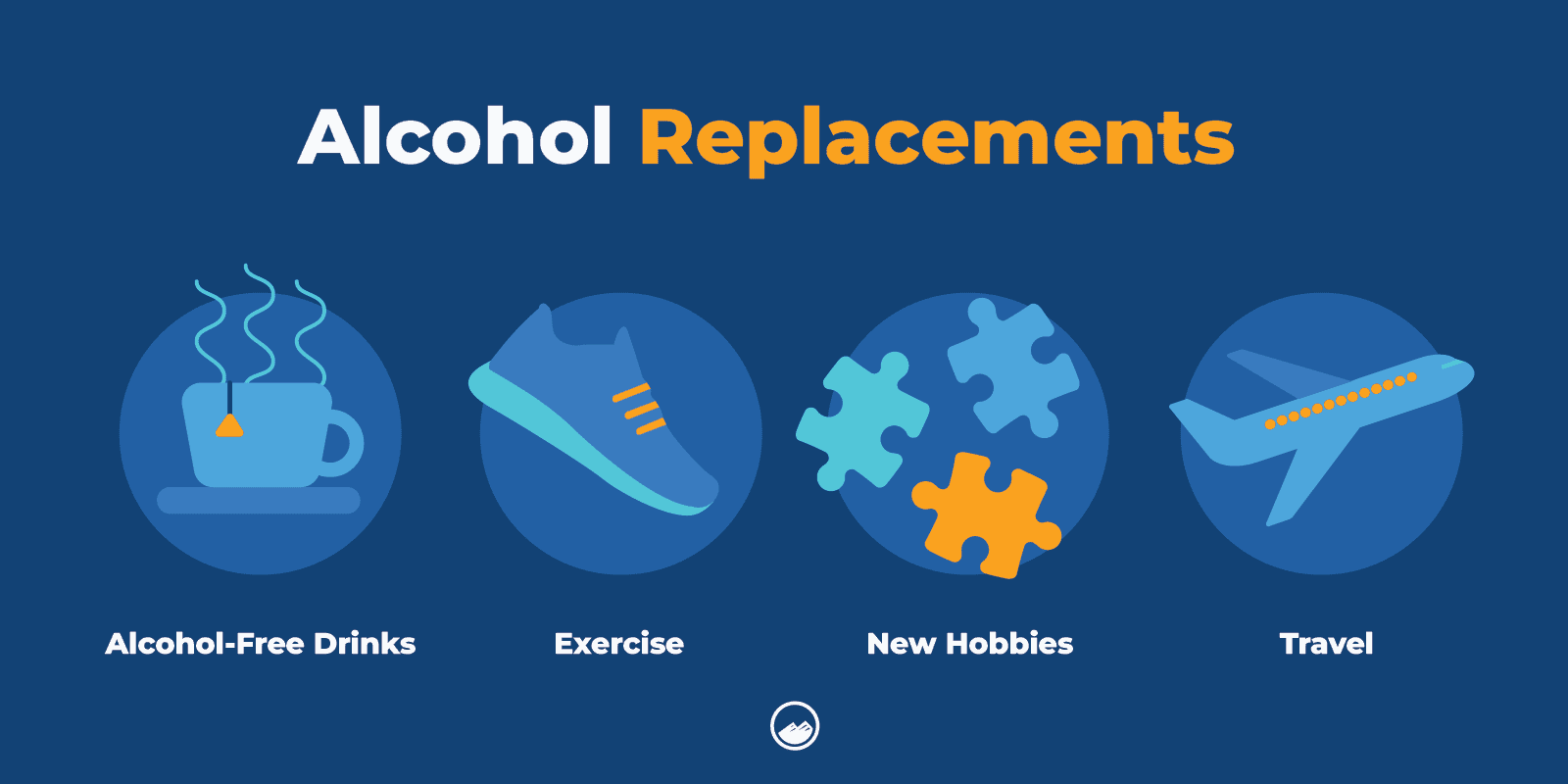
How Do I Find Alcohol Rehabs Near Me?
The Substance Abuse and Mental Health Services Administration (SAMHSA) has an online treatment-finding resource that is confidential and anonymous for individuals seeking treatment for mental health and substance use disorders.
It can also be helpful to call your insurance or local programs in your city or state to see what you may qualify for or what your insurance covers.
You can reach out to your healthcare provider to learn more about the next steps.
After figuring those things out, you can start looking into different treatment centers and treatment programs to find out what fits your needs the best.
If there is a treatment center you are interested in, you can also contact them and get your insurance verified and discuss your options as well.
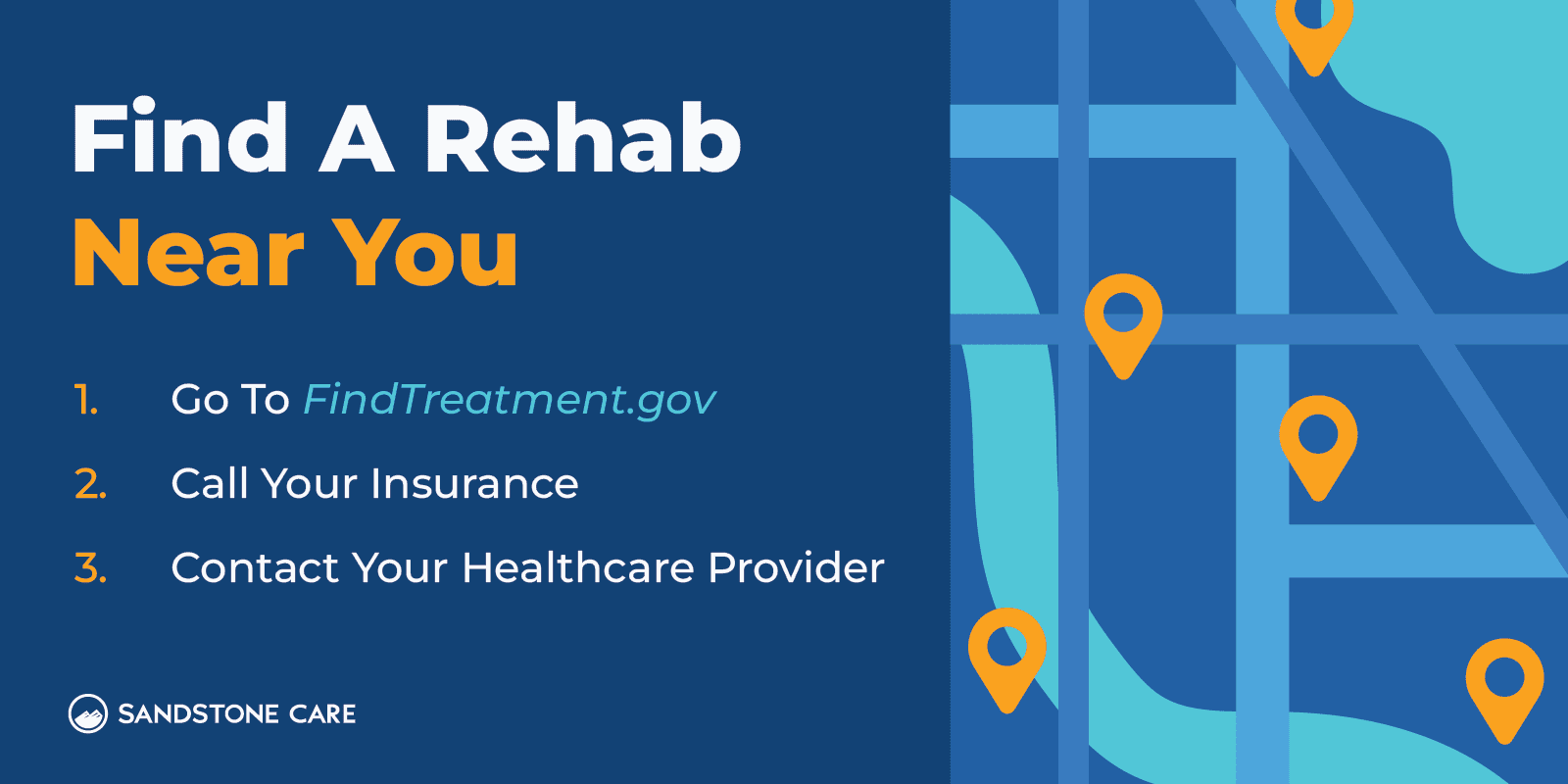
What is Rehab Like?
Detox can often be uncomfortable, but rehabs should work to make that better and provide you with the care and support you need.
All treatment programs are different, so we can’t speak to all of them, but Sandstone Care provides individualized, age-specific treatment for teens, young adults, and their families to help them overcome challenges with substance use, addiction, and mental health conditions.


Let’s take the next steps together
Stopping drinking can feel very difficult and overwhelming, but recovery is possible. Seek the help you need. Sandstone Care is here to support teens and young adults with mental health and substance use disorders.



